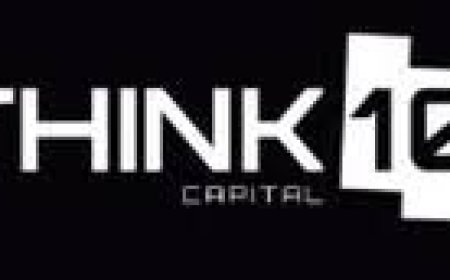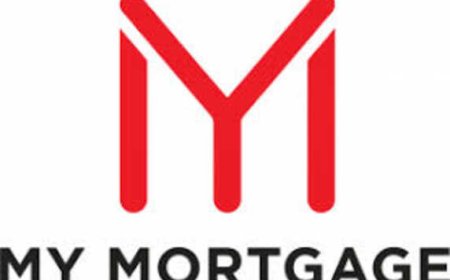The Titans of Energy: Top Oil and Gas Companies in Iraq Dominating the Sector

Since Iraq has the fifth-largest proven oil reserves in the world, oil and gas companies in Iraq businesses there play a crucial role in both the national economy and international energy markets. These firms not only extract and refine hydrocarbons but also fuel infrastructure development, job creation, and technological advancement. Among the key players, MUE Group has emerged as a trusted partner, providing engineering, procurement, and construction (EPC) services to support Iraqs energy sector.
This article explores the critical role ofoil and gas companies in Iraq, their operational challenges, key projects, and how they are adapting to global energy trends.
The Backbone of Iraqs Economy
Iraqs oil and gas sector accounts for:
90% of government revenue
Over 60% of GDP
Major employment generator, both directly and indirectly
Leadingoil and gas companies in Iraqinclude:
?International Majors: BP, Shell, ExxonMobil
?National Firms: Basra Oil Company, Missan Oil Company
?Service Providers:MUE Group, Schlumberger, Halliburton
These entities collaborate on exploration, production, refining, and infrastructure projects.
Key Challenges Facing the Sector
Despite vast resources,oil and gas companies in Iraqgrapple with:
1. Infrastructure Deficiencies
Aging pipelines, refineries, and export terminals need modernization.
Solution: Firms likeMUE Groupare upgrading facilities through EPC contracts.
2. Political and Regulatory Uncertainty
Delays in contract approvals and licensing rounds.
Solution: Long-term partnerships with local stakeholders.
3. Security Risks
Instability in some oil-rich regions.
Solution: Enhanced site protection and risk mitigation strategies.
4. Flaring and Environmental Concerns
According to the World Bank, Iraq burns over 17 billion cubic meters of gas every year.
Solution: Gas capture projects and renewable energy integration.
Major Projects Reshaping Iraqs Energy Landscape
1. Basra Gas Company Expansion
Captures flared gas to produce electricity and LPG.
Capacity: 1 billion cubic feet/day.
2. Common Seawater Supply Project
Injects seawater into oil fields to sustain pressure and boost production.
Investment: ~$4 billion.
3. Upgrading Refineries
Projects at Daura, Basra, and Kirkuk to reduce fuel imports.
4. Solar-Hydrocarbon Hybrid Plants
Pilot initiatives to cut emissions in oil operations.
MUE Grouphas contributed to these efforts through engineering expertise and modular construction techniques.
Innovations Adopted by Oil and Gas Companies in Iraq
To improve efficiency and sustainability, firms are deploying:
?Digital Oilfields AI and IoT for real-time monitoring.
?Modular Refineries Faster to deploy than traditional setups.
?Carbon Capture Reducing emissions from extraction.
?Local Workforce Training Building technical skills nationwide.
Case Study: MUE Groups Role in Iraqs Energy Sector
MUE Grouphas supportedoil and gas companies in Iraqthrough:
EPC contractsfor pipeline networks and storage terminals.
Gas processing plantsto reduce flaring.
Renewable energy integrationin oilfield operations.
Their work exemplifies how private firms complement national oil companies.
The Future of Oil and Gas in Iraq
Diversification Investing profits into non-oil sectors.
Gas Utilization Ending flaring by 2030 (government target).
Renewable Partnerships Solar/wind to power oil operations.
Export Expansion New pipelines to Turkey and Jordan.
Conclusion: Fueling Iraqs Next Chapter
Oil and gas companies in Iraqremain indispensable to the nations prosperity, but their future success hinges on modernization, sustainability, and local value creation. With partners likeMUE Groupbridging technical gaps, Iraq is poised to maximize its energy potential while transitioning toward a balanced energy mix.
As global demand evolves,oil and gas companies in Iraqmust adaptnot just as extractors, but as architects of a resilient energy future.































